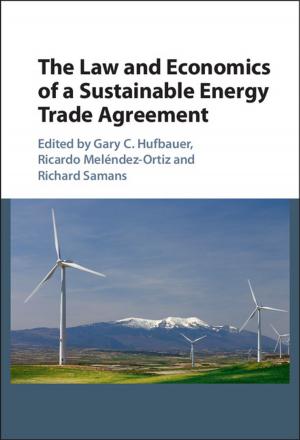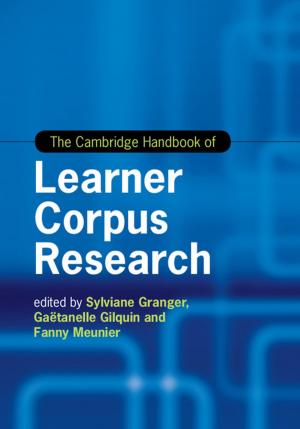The Adventures of the Constituent Power
Beyond Revolutions?
Nonfiction, Reference & Language, Law, Constitutional| Author: | Andrew Arato | ISBN: | 9781108506274 |
| Publisher: | Cambridge University Press | Publication: | November 30, 2017 |
| Imprint: | Cambridge University Press | Language: | English |
| Author: | Andrew Arato |
| ISBN: | 9781108506274 |
| Publisher: | Cambridge University Press |
| Publication: | November 30, 2017 |
| Imprint: | Cambridge University Press |
| Language: | English |
Constitutions are made in almost all transformation of regimes. What are the dangers and the hopes associated with such a process? What can make constitution-making legitimate? The Adventures of the Constituent Power explores the democratic methods by which political communities make their basic law, arguing that the most advanced method developed from Spain and South Africa. The first part of this book focuses on history of the idea of constitution-making, before and during the democratic revolutions of the 18th Century. The second part traces the notion of the constituent power in recent regime transitions that were consciously post-revolutionary, from Spain to South Africa. With the return of revolutions or revolutionary patterns of constitution-making, the book examines the use and potential failure of the new ideas available. The third part then proceeds to consider the type of constitution that is likely to emerge from the post-sovereign process.
Constitutions are made in almost all transformation of regimes. What are the dangers and the hopes associated with such a process? What can make constitution-making legitimate? The Adventures of the Constituent Power explores the democratic methods by which political communities make their basic law, arguing that the most advanced method developed from Spain and South Africa. The first part of this book focuses on history of the idea of constitution-making, before and during the democratic revolutions of the 18th Century. The second part traces the notion of the constituent power in recent regime transitions that were consciously post-revolutionary, from Spain to South Africa. With the return of revolutions or revolutionary patterns of constitution-making, the book examines the use and potential failure of the new ideas available. The third part then proceeds to consider the type of constitution that is likely to emerge from the post-sovereign process.















